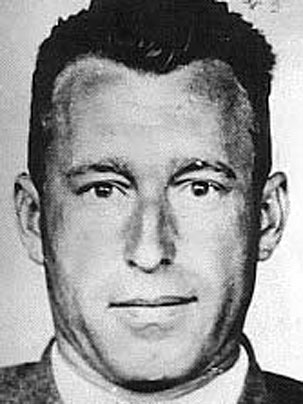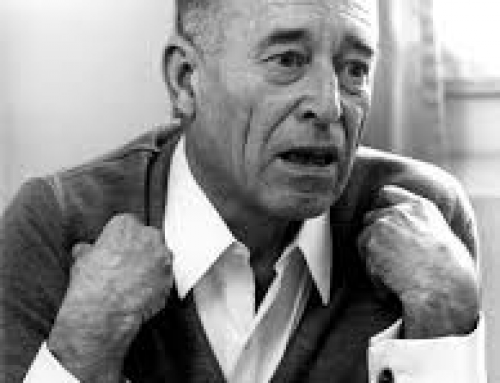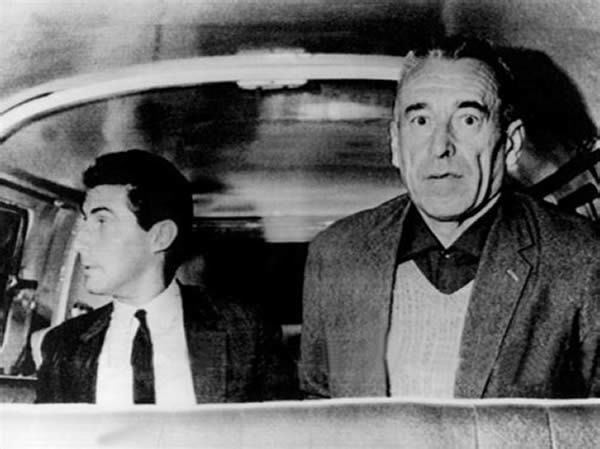
Journalists were conflicted about the ethical implications of Snowden's actions. He caused harm to our national security and I think that he has to be held accountable for his actions."

The Attorney General of the United States, Eric Holder, did not find Snowden's rationale convincing. Radack said, "Snowden may have violated a secrecy agreement, which is not a loyalty oath but a contract, and a less important one than the social contract a democracy has with its citizenry." Others argued that even if he was legally culpable, he was not ethically culpable because the law itself was unjust and unconstitutional. Jesselyn Radack of the Government Accountability Project defended his actions as ethical, arguing that he acted from a sense of public good. He gave a justification for his "whistleblowing" by stating that he had a duty "to inform the public as to that which is done in their name and that which is done against them." According to Snowden, the government's violation of privacy had to be exposed regardless of legality. Yet despite the fact that he broke the law, Snowden argued that he had a moral obligation to act. government, his actions violated the Espionage Act of 1917, which identified the leak of state secrets as an act of treason. According to many legal experts, and the U.S. In 2013, computer expert and former CIA systems administrator, Edward Snowden released confidential government documents to the press about the existence of government surveillance programs. That is my guilt." On June 28, 1971, less than a day after this interview, Stangl died of heart failure in prison. During an interview while in prison, he stated, "My conscience is clear about what I did, myself.I have never intentionally hurt anyone, myself.But I was there.So yes, in reality I share the guilt." He continued, "My guilt.is that I am still here. On October 22, 1970, the court found Stangl guilty of crimes against humanity and sentenced him to the maximum penalty, life in prison. Stangl claimed that his dedication to his work was not about ideology or hatred of Jews. And third, that he never personally murdered anyone.

Second, that once in a position, it was his nature to an excellent job (he became known as the best commandant in Poland). First, that he did not get to choose his postings, and that disobeying an order would put himself and his family at risk. Stangl defended himself by making three main claims. During his trial, Stangl claimed that he was doing his duty and was not a murderer. He was extradited to West Germany in 1967 and tried for his role in the murder of 900,000 men, women, and children during the Holocaust. In less than 18 months, under Stangl's supervision, between 870,000 and 925,000 Jews were killed at Treblinka.Īfter the war, Franz Stangl and his family emigrated to Brazil where he lived and worked under his own name for decades. While there, he managed and perfected a system of mass murder, using psychological techniques to first deceive then terrify and subdue his victims before they entered the gas chambers. By September 1942, having distinguished himself as an effective organizer, Stangl was transferred to what would become the most horrible of these death camps, Treblinka. Nazi authorities appointed Stangl to be the first commandant of the killing center at Sobibór. In all, historians estimate that the staff at Hartheim killed 18,269 people by August 1941.Īfter a brief stint in Berlin, Stangl transferred to German-occupied Poland in the spring of 1942. T4 employed doctors, nurses, lawyers, and police officers, among others, at killing centers in Germany and Austria. A special unit within the German administration, codenamed T4, carried out this so-called "euthanasia" program.

At the time, Hartheim was one of the secret killing centers used by the authorities to administer "mercy deaths" to sick and disabled persons. In 1940, under the order of Nazi leaders, Stangl was appointed as head of security at Hartheim Castle. When Germany invaded Austria, and subsequently annexed it in March 1938, he became a Gestapo agent. In 1936, despite his position in law enforcement, he joined the ranks of the then-illegal Nazi Party. Unsatisfied in his career, at the age of 23, he applied to become a police officer.

From a working class family, Stangl trained as a master weaver. Franz Stangl was born in Austria in 1908.


 0 kommentar(er)
0 kommentar(er)
